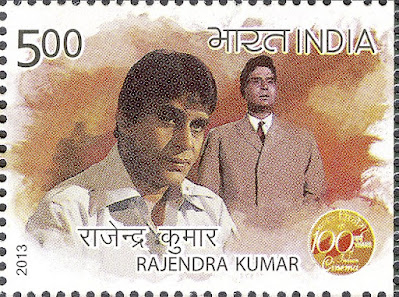On July 20, 1969, during NASA's Apollo 11 mission, Neil Armstrong, the mission commander, descended the Lunar Module (LM) "Eagle" to the lunar surface. He then famously stepped onto the Moon, delivering the iconic line, "That's one small step for [a] man, one giant leap for mankind."
Buzz Aldrin, the Lunar Module Pilot, followed Armstrong shortly after and became the second person to walk on the Moon. The two astronauts spent about two and a half hours outside the LM, conducting experiments, collecting samples, and setting up scientific instruments.
Michael Collins, the Command Module Pilot, remained in lunar orbit aboard the Command Module "Columbia" during this historic landing.
The Apollo 11 mission was a significant achievement in human space exploration and marked a pivotal moment in the space race between the United States and the Soviet Union during the Cold War era. Armstrong and Aldrin's successful moonwalk demonstrated the capabilities of human spaceflight and expanded our understanding of the cosmos. Their names are forever etched in history for their groundbreaking journey to the Moon.











